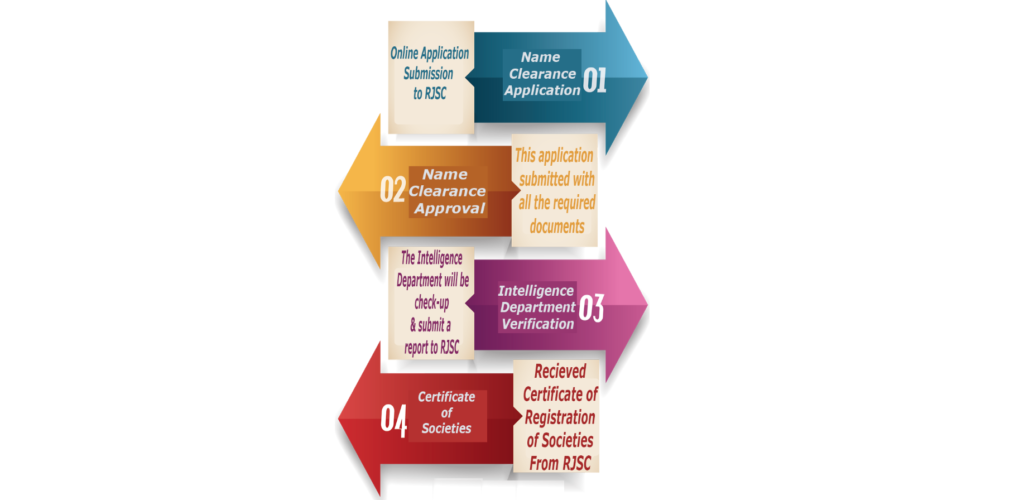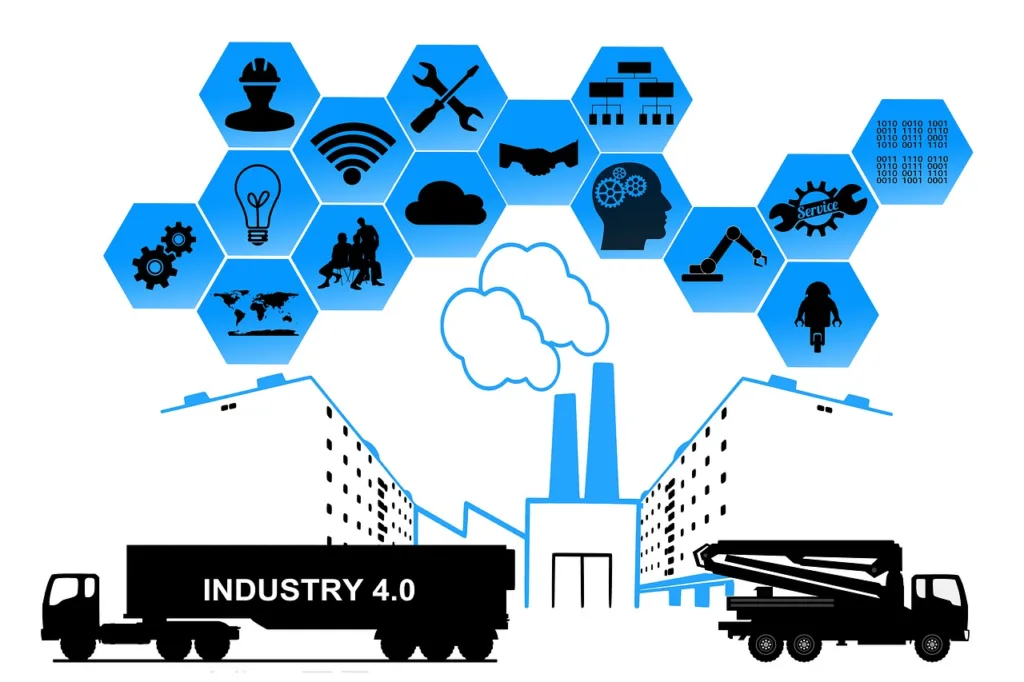Exploring Job Sectors for Textile Engineers in Bangladesh

Bangladesh stands as a textile powerhouse, boasting a vibrant industry that forms the backbone of its economy. With a significant contribution to the nation’s GDP and a colossal share in global textile exports, Bangladesh offers a myriad of opportunities for textile engineers seeking to make their mark in this dynamic sector.
Contribution to GDP: The textile and garment industry accounts for a staggering 80% of Bangladesh’s total exports, cementing its status as a pivotal driver of economic growth. Valued at an impressive $30 to $35 billion USD annually, the export-oriented nature of the industry underscores its critical role in propelling Bangladesh onto the global stage.
Employment: Textile engineering isn’t merely a profession; it’s a cornerstone of employment in Bangladesh. With over 4 million individuals directly employed in garment factories and millions more in ancillary sectors like manufacturing, dyeing, and logistics, the industry serves as a primary livelihood for a substantial portion of the population.
Investment and Infrastructure: Bangladesh has attracted substantial foreign investment, with multinational corporations establishing production facilities and sourcing operations within its borders. Bolstered by government incentives and ongoing infrastructure development, the industry continues to flourish, offering a fertile ground for both seasoned professionals and budding engineers.
Export Markets: From Europe to the United States and across Asia, Bangladesh’s textile and garment exports find their way into markets worldwide. Leveraging competitive advantages such as low labor costs and efficient production processes, the industry has carved out a niche for itself, ensuring a steady stream of demand for skilled textile engineers.
Diverse Opportunities: Textile engineers in Bangladesh can explore a plethora of job sectors, including garment manufacturing, textile mills, research and development, supply chain management, technical consultancy, and more. Whether optimizing production processes, spearheading research initiatives, or ensuring sustainable practices, there’s no shortage of avenues for growth and innovation.
As the industry navigates challenges and embraces opportunities on its journey towards sustainability and excellence, textile engineers in Bangladesh find themselves at the forefront of innovation, driving progress and shaping the future of the nation’s textile landscape.
let’s delve deeper into the various fields available for jobs in the textile industry for engineers in Bangladesh:
- Garment Manufacturing: This field encompasses roles in production management, quality control, process engineering, and product development within garment factories. Textile engineers play crucial roles in optimizing production processes, ensuring product quality, and introducing innovative techniques.
- Textile Mills: Textile engineers can find opportunities in textile mills involved in yarn spinning, fabric weaving or knitting, dyeing, printing, and finishing. They contribute to process optimization, machine maintenance, quality assurance, and new product development.
- Research and Development (R&D): Research institutions and textile companies host R&D departments where engineers work on developing new textile materials, improving manufacturing processes, enhancing product performance, and exploring sustainable practices.
- Textile Machinery Manufacturing: With Bangladesh’s growing textile machinery manufacturing sector, engineers can engage in designing, producing, and maintaining textile machinery and equipment. This field offers opportunities in mechanical engineering, automation, and innovation.
- Supply Chain Management: Textile engineers skilled in supply chain management can work in logistics, procurement, and inventory management roles within textile and garment companies. They ensure efficient flow of materials and products from suppliers to customers.
- Technical Consultancy: Experienced textile engineers may offer their expertise as consultants, providing technical advice to textile companies on process optimization, product development, quality assurance, and compliance with industry standards.
- Textile Education and Training: Some engineers opt for careers in academia or vocational training institutes, where they teach and train future textile professionals. They contribute to nurturing talent and advancing knowledge in the field.
- Textile Testing Laboratories: Engineers can work in laboratories specializing in testing textile materials and products for quality and performance. They conduct tests, analyze results, and ensure compliance with national and international standards and regulations.
- Sustainable Textiles: With a growing focus on sustainability, engineers play key roles in developing eco-friendly materials, implementing sustainable production practices, and reducing environmental impact across the textile supply chain.
- Fashion and Apparel Design: While more closely aligned with fashion design, textile engineers with creative skills and technical expertise can contribute to designing textiles for fashion and apparel purposes. They ensure textiles meet functional requirements while also aligning with aesthetic trends.
These diverse fields offer ample opportunities for textile engineers in Bangladesh to apply their skills, drive innovation, and contribute to the continued growth and sustainability of the textile industry.
here are some government job opportunities for textile engineers in Bangladesh:
- Bangladesh Textile Mills Corporation (BTMC): BTMC is a government organization responsible for overseeing state-owned textile mills. Textile engineers can find job opportunities in various capacities, including production management, technical services, and project implementation.
- Bangladesh Jute Mills Corporation (BJMC): While focusing primarily on jute, BJMC also oversees some textile-related activities. Textile engineers may find roles in jute mills or other textile-related projects under BJMC’s umbrella.
- Bangladesh Standards and Testing Institution (BSTI): BSTI is responsible for developing and enforcing standards for various products, including textiles. Textile engineers can work in BSTI to ensure compliance with quality standards and participate in standardization processes.
- Bangladesh Technical Education Board (BTEB): BTEB is involved in overseeing technical education and vocational training in Bangladesh, including textile engineering programs. Engineers can contribute to curriculum development, accreditation processes, and quality assurance initiatives.
- Bangladesh Rural Development Board (BRDB): BRDB is engaged in rural development projects, including initiatives related to textiles and handicrafts. Textile engineers may find opportunities to work on projects aimed at promoting sustainable textile production and supporting rural artisans.
- Bangladesh Small and Cottage Industries Corporation (BSCIC): BSCIC promotes small and cottage industries, including textile-related enterprises. Textile engineers can be involved in providing technical support, training, and advisory services to small-scale textile producers.
- Ministry of Textiles and Jute: The Ministry of Textiles and Jute oversees policies and regulations related to the textile and jute industries in Bangladesh. Engineers may find opportunities to work in policy formulation, industry development initiatives, and technical advisory roles within the ministry.
- Bangladesh Export Processing Zones Authority (BEPZA): BEPZA manages export processing zones (EPZs) where textile and garment factories operate. Textile engineers can work in EPZs in roles related to industrial management, quality assurance, and technical support for export-oriented textile industries.
- Bangladesh Industrial Technical Assistance Centre (BITAC): BITAC provides technical assistance and training to industries, including the textile sector. Textile engineers can contribute to technical consultancy, research projects, and training programs aimed at enhancing the competitiveness of the textile industry.
- Department of Textiles (DOT): The Department of Textiles is responsible for implementing government policies and programs related to the textile sector. Engineers may find opportunities to work in various departments within DOT, such as planning and development, quality control, and promotion of textile exports.
These government organizations offer diverse opportunities for textile engineers to contribute to the development and regulation of the textile industry in Bangladesh while serving the public sector.
here are some banking institutions in Bangladesh where textile engineers might find opportunities:
- Bangladesh Bank: While primarily a regulatory body, Bangladesh Bank also employs professionals in various capacities, including engineers for roles related to infrastructure development, technology implementation, and project management.
- Commercial Banks: Commercial banks in Bangladesh often have specialized departments for managing loans and financing for different sectors, including the textile industry. Textile engineers might find roles in assessing loan applications, conducting technical evaluations for financing projects, or providing advisory services to textile businesses.
- Development Financial Institutions (DFIs): DFIs such as the Bangladesh Development Bank Limited (BDBL) and the Bangladesh Small Industries and Commerce Bank Limited (BASIC Bank) provide financial support to various sectors, including textiles. Textile engineers may find opportunities in project appraisal, technical consultancy, and loan management within DFIs.
- Investment Banks: Investment banks in Bangladesh facilitate capital raising and investment activities for businesses, including those in the textile sector. Textile engineers might find roles in investment analysis, project financing, and advisory services related to textile industry investments.
While not directly involved in textile manufacturing or production, these banking institutions play a significant role in financing and supporting the textile industry’s growth and development, offering opportunities for engineers with expertise in the sector.






